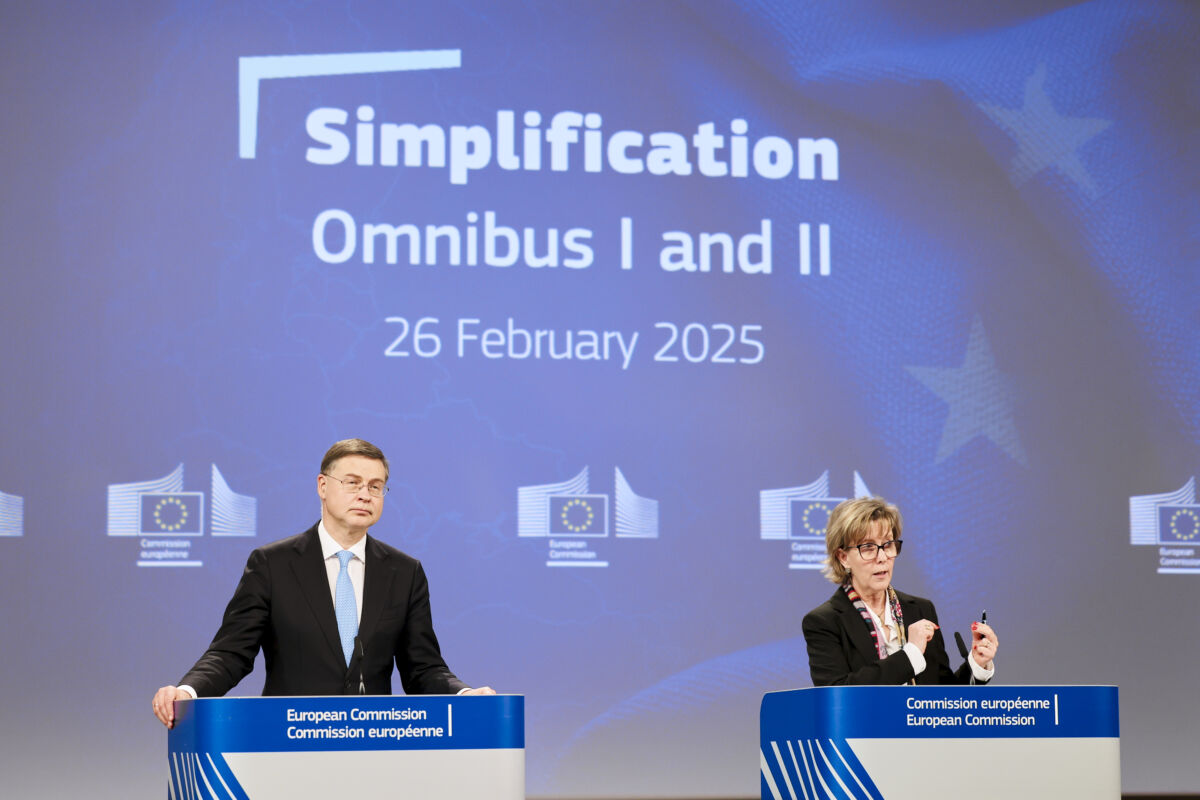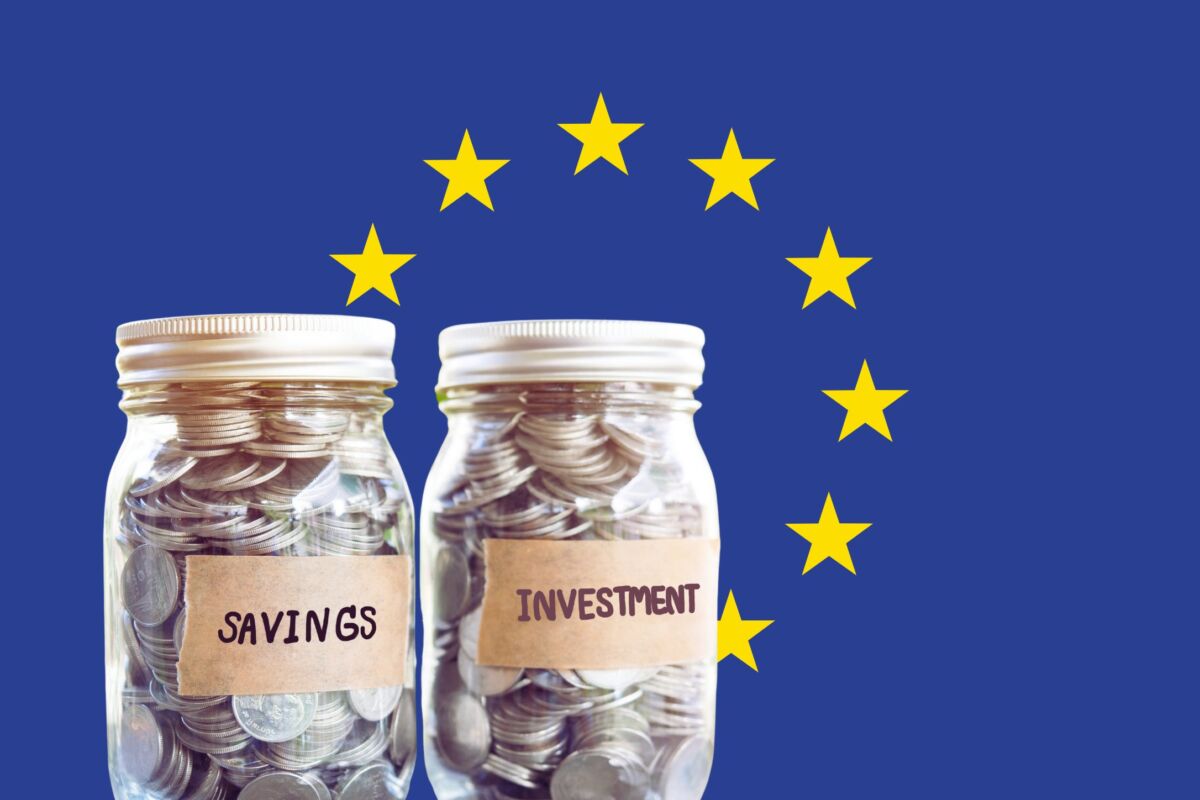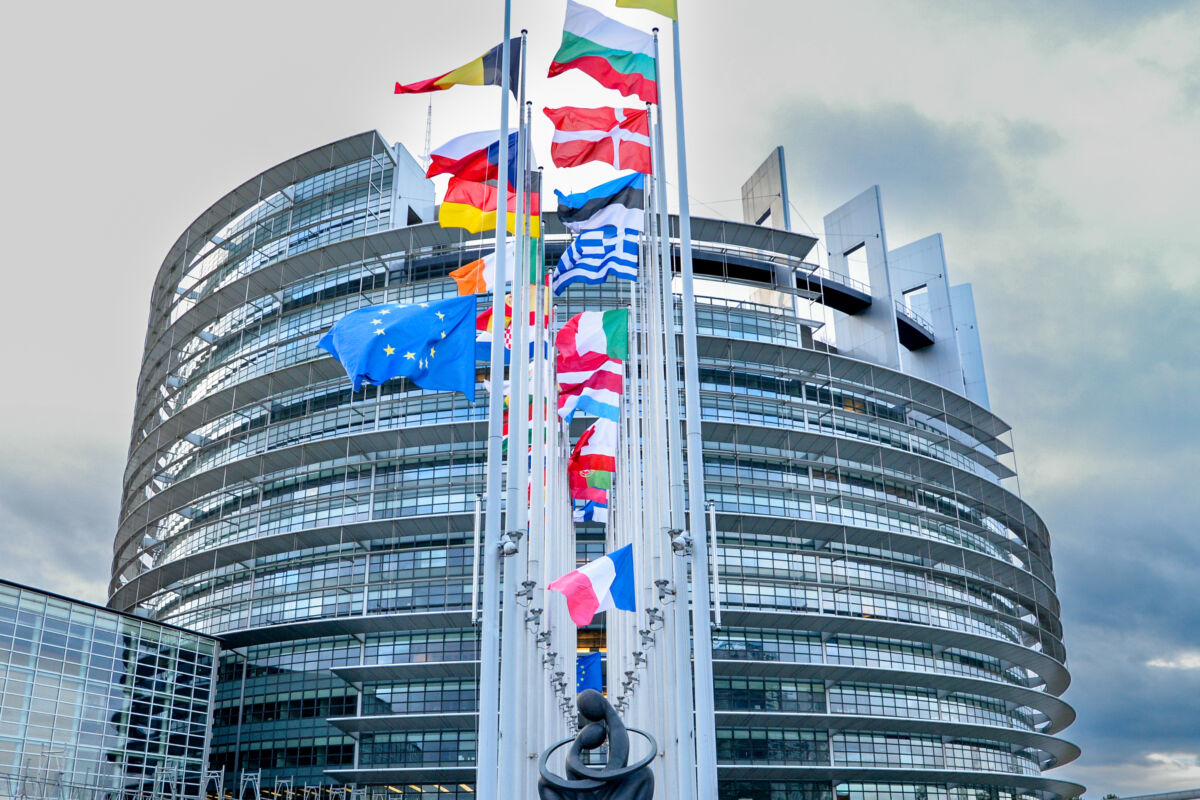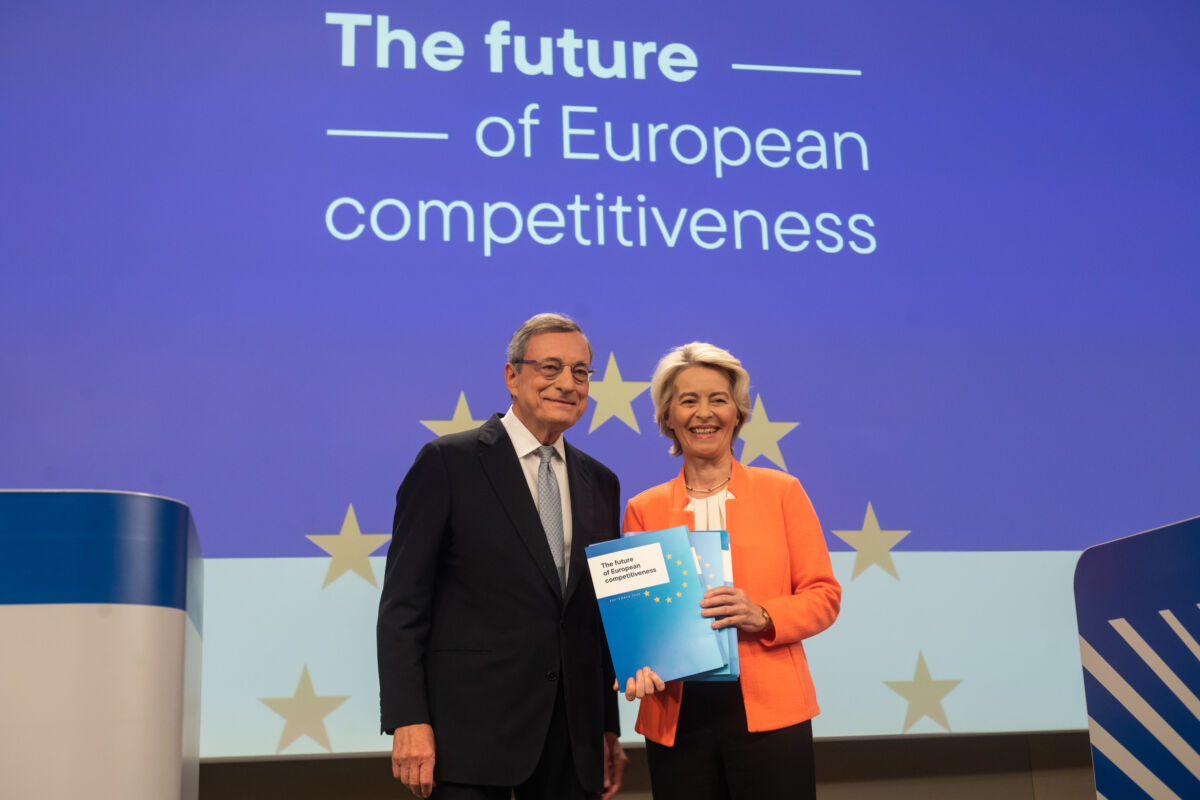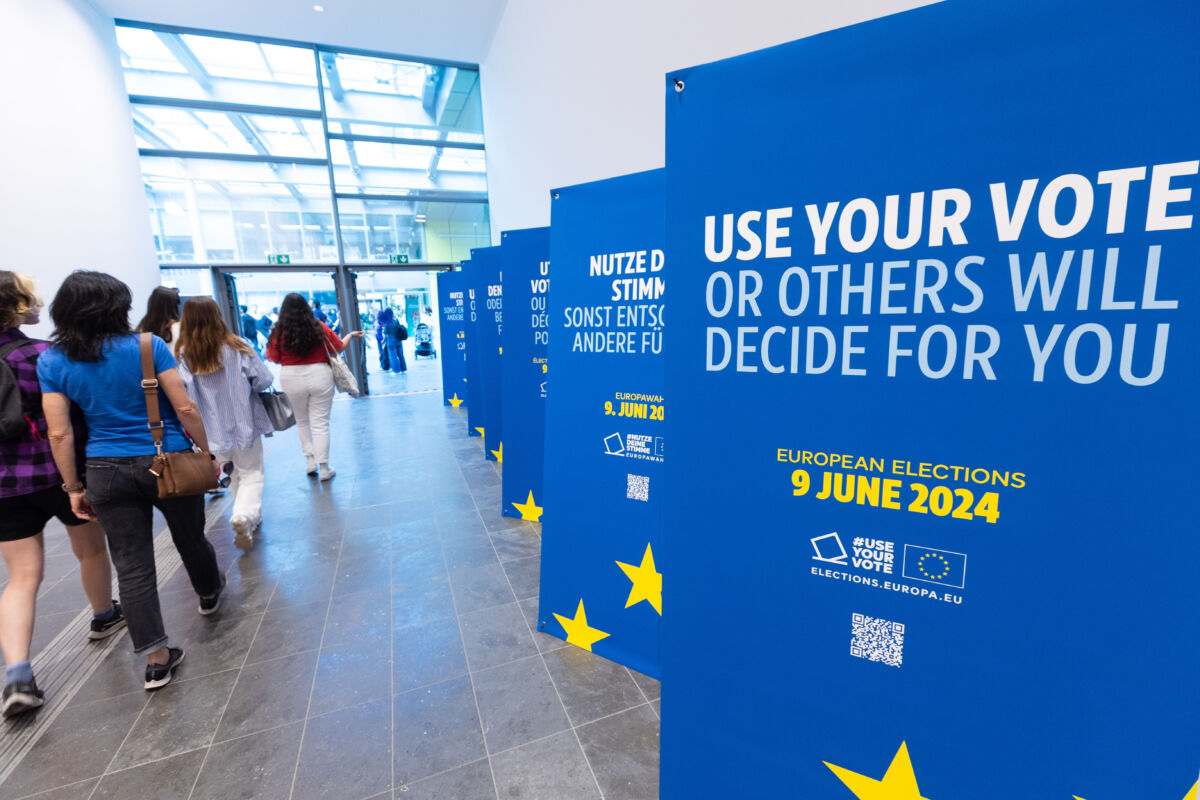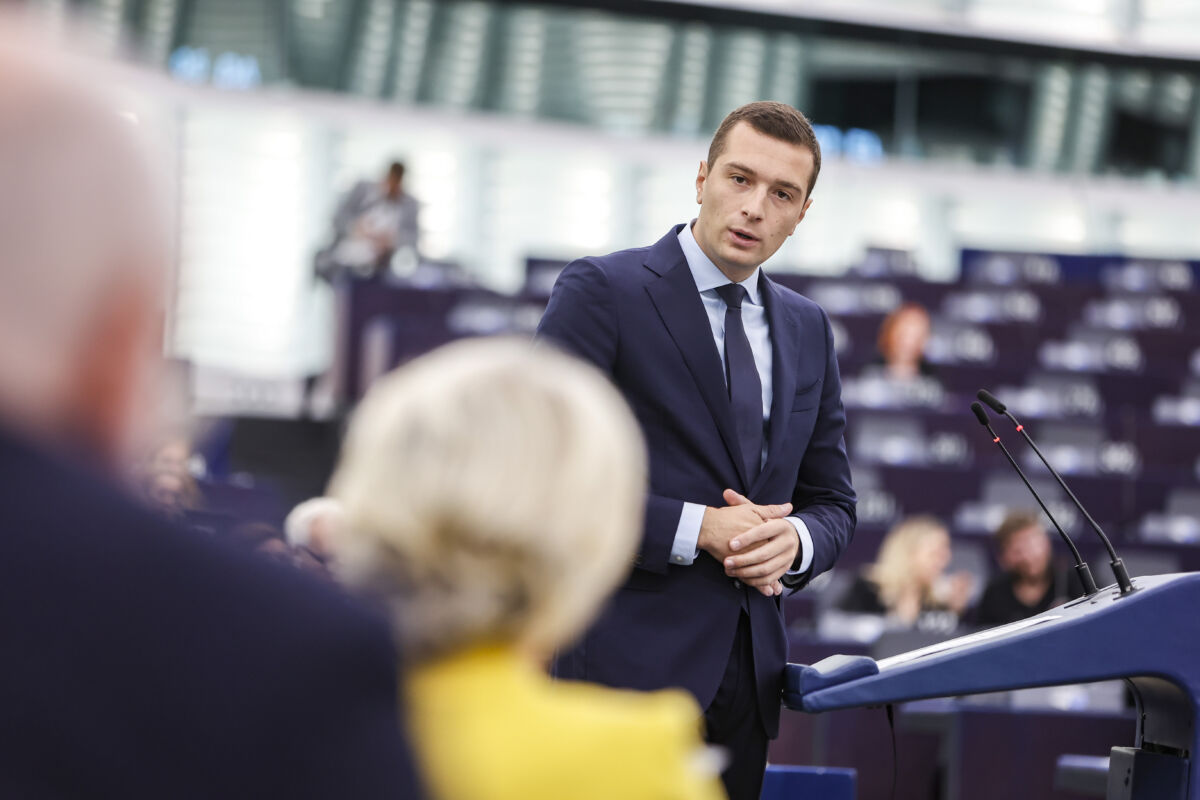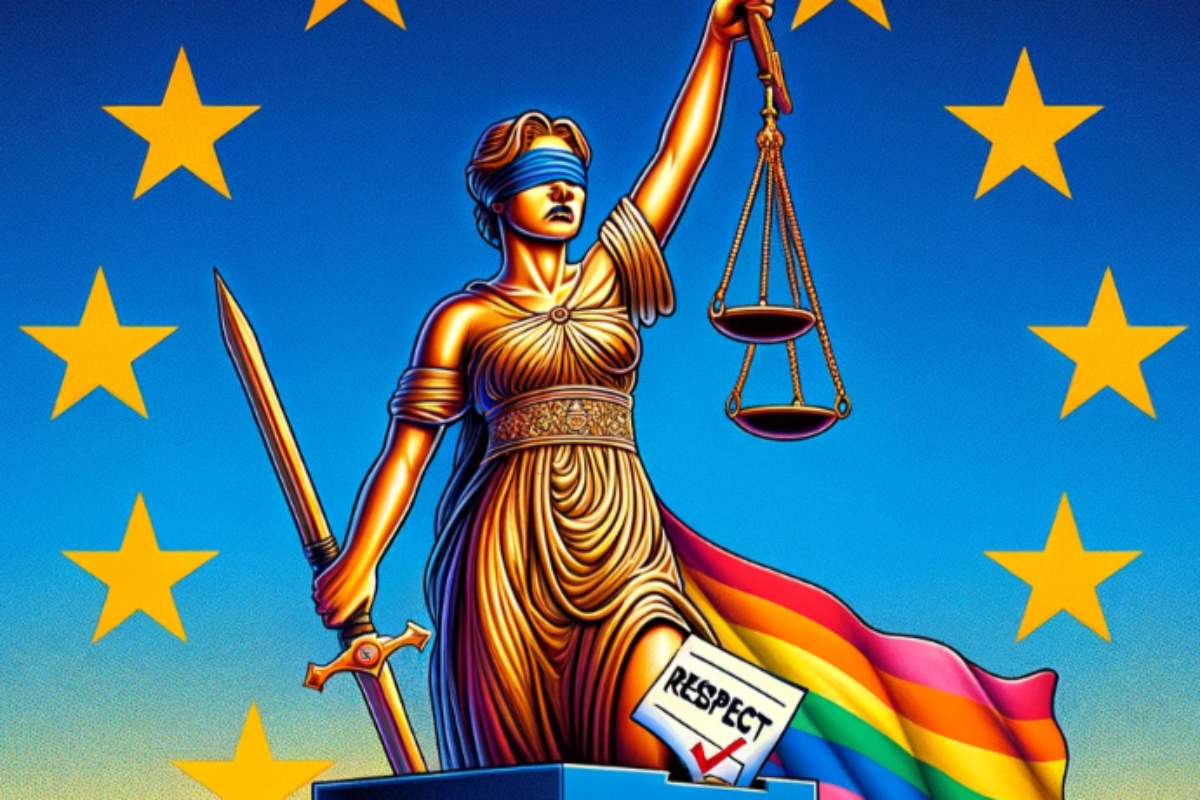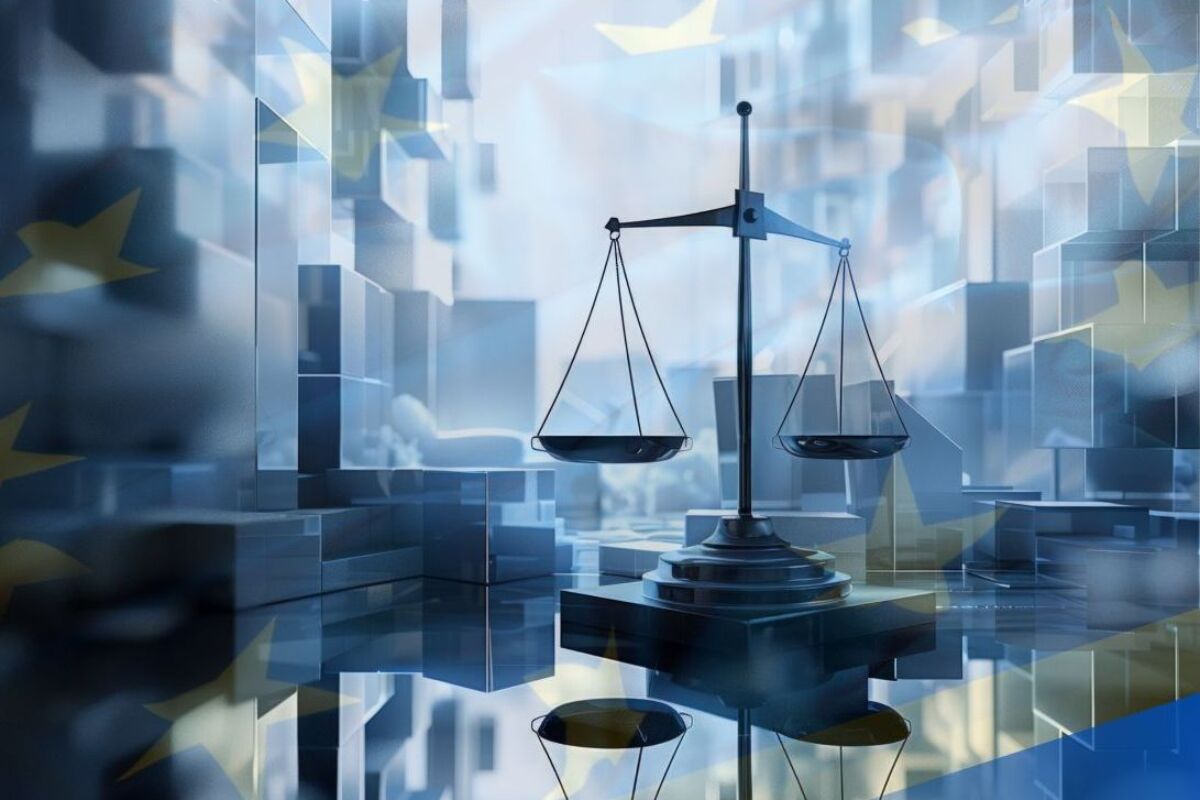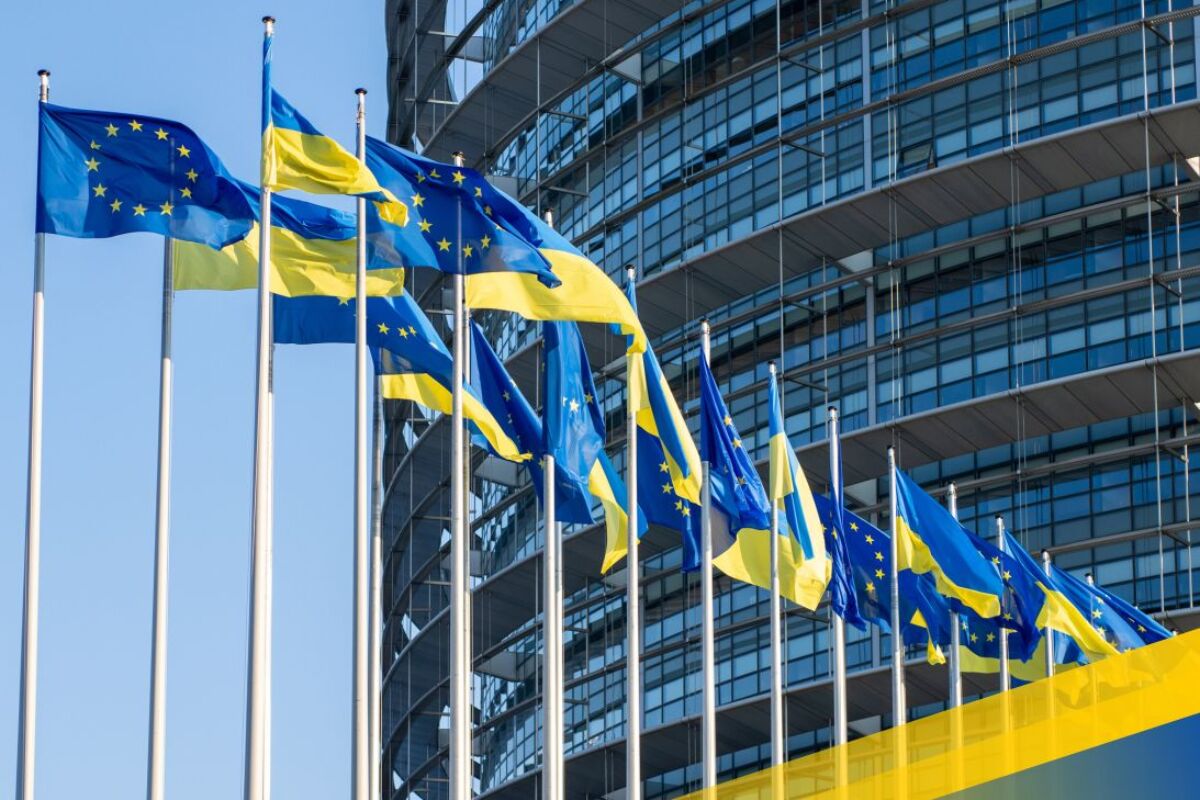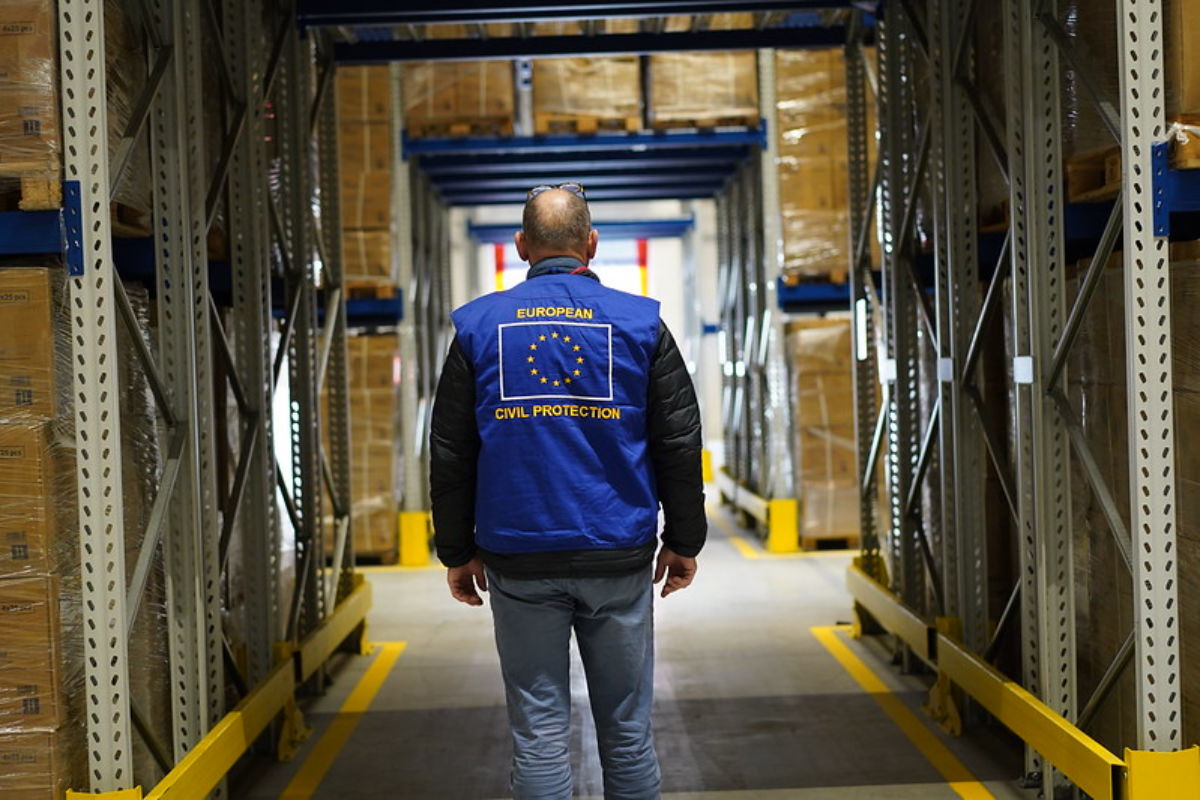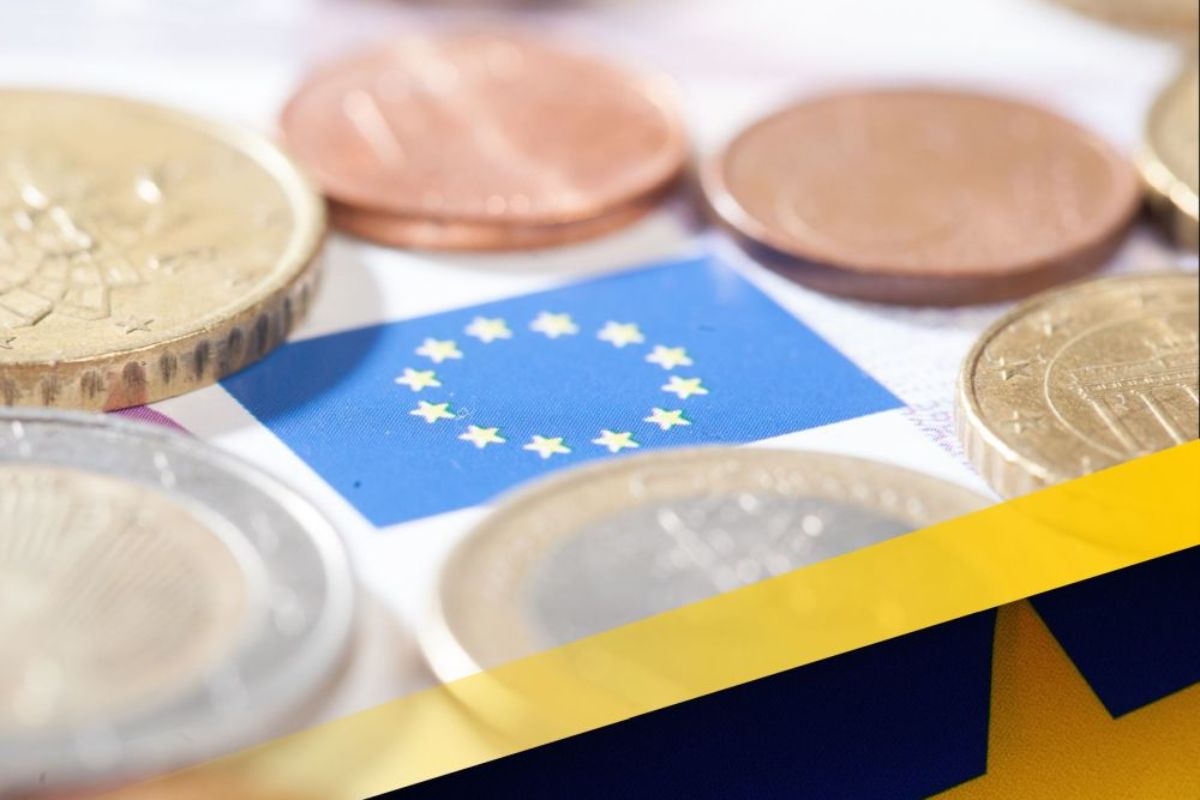Tackling Europe’s economic decline, preparing and adapting for a new wave of enlargement and defending Europe’s geopolitical position… the new European Commission will definitely need to deliver. The past five years have shown that it can prepare and react when it needs to, responding on the spot to multiple crises. But the path ahead will be steep.
The economic challenges are undoubtedly enormous. Mario Draghi’s recent report outlined them clearly. There’s doubt over Europe’s ability to create wealth. It doesn’t invest or innovate enough, it doesn’t spend enough on R&D and it lacks high-skilled labour. Europe also needs to prepare for a rapidly ageing population and invest much more in defence.
Europe’s productivity gap with the US is somewhere between 12 %-30 %, depending on the measure used. And as the Letta Report also laid out well, the EU is just not enough of a single market – it’s too fragmented in finance and digital services, and energy is far too expensive.
There have undoubtedly been many challenging moments for the EU. Jean-Claude Juncker spoke about the ‘last chance’ Commission more than a decade ago. Competitiveness was already a major concern at the turn of the millennium – think back to the 2000 Lisbon Declaration and Germany’s then-sorry state in 2000-03 as the ‘sick man’ of Europe.
Yet the EU has demonstrated that it can react to unexpected events. Apart from the green and digital transition, the Commission spearheaded the EU response to Covid-19, to the energy crisis and to Russia’s invasion of Ukraine. The EU adopted the Sure programme and the Recovery and Resilience Facility (RRF) to prevent an economic meltdown. It unanimously adopted 14 packages of sanctions against Russia and agreed in June 2022 to grant candidate status to Ukraine and Moldova, with accession negotiations starting exactly two years later.
What’s problematic now is the extreme right’s increased size in the European Parliament (EP) and many Member States. Compared to 15 years ago, the ‘centrist’ parties’ (EPP, S&D, Renew and the Greens) share of EP seats have declined from about 85 to 65 %. The extreme right parties have all adopted populist policies to win voters’ favour, be it with anti-immigration (or just purely racist) posturing, protectionist policies and/or irresponsible fiscal measures.
Such policies will certainly not improve Europe’s competitiveness – especially when there’s still, even after Letta and Draghi, no real consensus on what competitiveness actually is. And thus, this is why the new Commission’s use of ‘competitiveness’ as a possible guiding mantra for the next five years is fraught with difficulties.
Competitiveness – the ever-elusive concept
For many, competitiveness is shorthand for reducing regulatory overkill or is inversely related to regulation – i.e. more rules, fewer profits. The EU is seen by many as the cause of this excess. The source of this misunderstanding is companies’ competitiveness being assimilated into countries’ competitiveness – which are two entirely different things. For a company, it’s the bottom line or its market share and growth.
Countries, however, can be ‘competitive’ in many ways. The guiding metric is their populations’ wellbeing, with several different measurements existing – but no consensus. Paul Krugman argued in 1994 that ‘competitiveness is a meaningless word when applied to national economies. And the obsession with competitiveness is both wrong and dangerous.’ Although made 30 years ago, mainly referring to competitiveness between the EU, the US and Japan, if we replace ‘Japan’ with ‘China’, this argument is still highly applicable today.
At country level, the most often-used indicator is gross national product (GNP) – but even here, there are numerous ways to measure it and all produce very different results. But we must also note wealth distribution and how it evolves, where important differences remain in the EU (see the European Central Bank’s recent household wealth data and the Gini coefficient). A median increase in household wealth could be more consequential than absolute GNP growth.
It’s probably no coincidence then that the Draghi Report, while being all about ‘the future of European Competitiveness’, doesn’t actually define the word anywhere in its 300+ pages. This is a serious challenge for the new Commission to use it as its leitmotif. As Jacques Pelkmans writes in his own initial assessment of Draghi’s report for CEPS, ‘without a definition it becomes hard and somewhat arbitrary to identify how his proposed strategy, if implemented, could be deemed as either a success or a failure’.
Moving to the EU’s geopolitical ambitions, this will equally be difficult. Already five years ago, President von der Leyen wanted a ‘Geopolitical Commission’, a good choice in hindsight but still difficult given the EU’s limited competences in foreign and security policy. The proposed appointment of a dedicated Commissioner for Defence (Andrius Kubilius), with defence responsibilities shared with two other commissioners – plus of course the Commission President herself – has already led to former NATO Secretary General Jens Stoltenberg warning against duplication and competition.
Procuring defence material is both very fragmented and uncompetitive as there’s still no single EU market. The first thing the EU should do is change the Treaty to make a true defence single market possible – admittedly very politically difficult. The EU has tried to circumvent this with the EDIRPA and ASAP programmes but their budgets are not even close to 1 % of Member States’ national defence budgets which amounted to EUR 214 billion in 2022. The EU will thus need to watch its credibility and make sure to keep pace with NATO if it’s to move forward in the security domain.
Europeans must see tangible results
President von der Leyen’s second Commission needs to focus on delivering tangible results. After the enormous legislative efforts of the last five years, it should make sure all these new rules are well implemented and enforced. Enforcement remains an EU weak point, with the Single Market Scoreboard showing an ever-increasing number of infringements.
Delivering on the Single Market, as Letta repeatedly indicated, is the best way forward to achieve growth. Delivering on enlargement, thus extending the single market, should be a continuation of previous success stories and contribute to the European continent’s overall geopolitical stability.
Of course, effectively communicating all this to the European population is challenging. But given von der Leyen’s achievements in her first term and as the Commission president with the highest name recognition, there’s no reason why this shouldn’t be achievable in her second.







